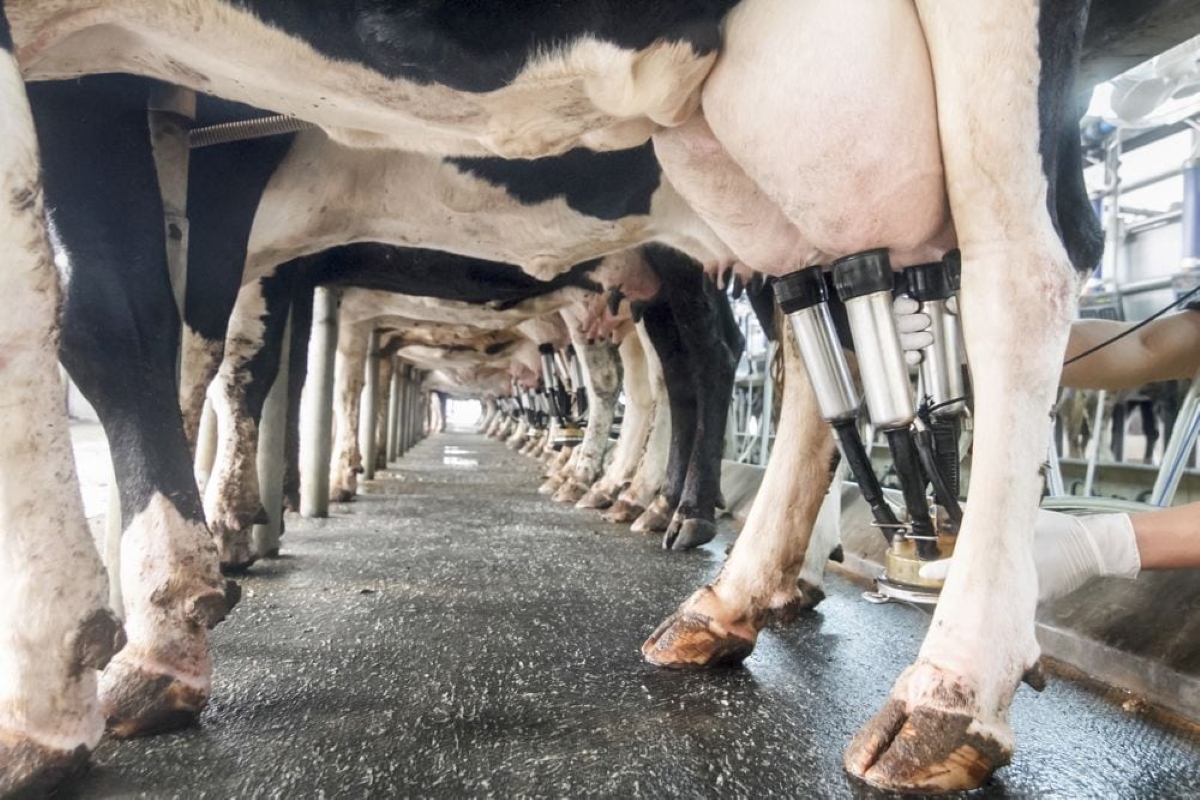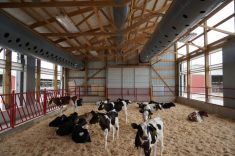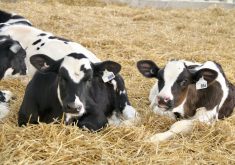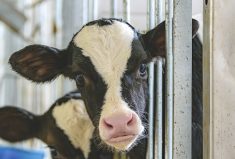A University of Guelph study shows that feeding purple coneflower to dairy bull calves has positive effect on immunity and inflammation levels.
Purple coneflower, known by the scientific name echinacea, has long been used by humans to try and prevent the common cold, infection and skin wounds and conditions. It is thought to stimulate immune function.
Why it matters: The livestock sector is working to limit the amount of antimicrobials used on farms, so supplements that aid in improving immunity are valued.
Read Also

Farm gate milk price to rise in 2026
The Canadian Dairy Commission will raise its farm gate milk price by 2.3255 per cent in February, the Crown corporation announced on Friday.
Dr. Trevor DeVries, professor in the Department of Animal Biosciences at the Ontario Agricultural College (OAC) and Canada Research Chair in Dairy Cattle Behaviour and Welfare, studied 240 male Holstein calves to evaluate how purple coneflower supplementation, scientifically called Echinacea purpurea, could affect immunity markers, disease, feed intake, and growth of these calves.
“Like humans, dairy calves are susceptible to diseases like diarrhea and respiratory problems, which can cause high levels of morbidity and mortality,” says Dr. DeVries.
“We are particularly looking for ways to improve the health and welfare of male calves because they often have the added stress of transportation to another facility. This medicinal herb could improve animal health and reduce antimicrobial use in dairy and dairy beef calves.”
In collaboration with Mapleview Agri Ltd., located in Palmerson, Ont., Dr. DeVries and MSc student, Brooke McNeil, studied 80 dairy calves split into three treatments: Control (no supplementation), supplementation with three grams per day of Echinacea purpurea powder mixed into the milk replacer for 14 days (from day 14 to 28 of this study), or 56 days (from day one to 56 of this study).
Supplementation of purple coneflower had promising effects, especially on immunity and inflammation of calves supplemented during the whole study (from day 1 to 56). Some changes in blood markers, including lower levels of haptoglobin (an indicator of inflammation) and segmented neutrophils, and higher levels of lymphocytes, indicated better immunity and anti-inflammatory properties.
Supplementation of purple coneflower was also associated with a higher post-weaning body weight among calves that were heavier at the beginning of the study.
“This study lays the ground for additional research on the benefits of purple coneflower. Just like in male calves, this medicinal herb could also help female calves,” said Dr. DeVries. “More studies are needed to investigate the effects of this herb under different conditions, classes of animals, or periods of supplementation.”
This research project was funded by the Ontario Agri-Food Innovation Alliance, a collaboration between the Ontario Ministry of Agriculture, Food and Rural Affairs and the University of Guelph.












